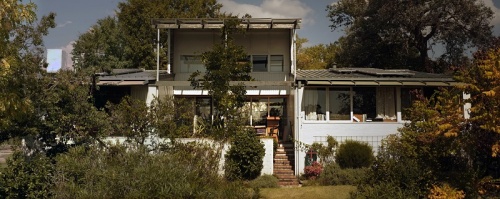
Clark is the son of the late Dymphna and Manning Clark, the original residents of the Robin Boyd-designed house in Forrest. He is also the president of the Manning Clark House committee.
Clark says that the events and activities held at Manning Clark House aim to promote progressive issues via poetry, music and other art forms, as well as pure enjoyment of the arts.
Millar agrees.
Pryor is adamant, though, that Manning Clark House goes beyond a “chatting house”. “It engages with the arts,” he says. “Art gives people thinking space to examine what society is.”
Discussions then turn to the announcement that Australia had voted “Yes” to same-sex marriage. The conversation flitted between feminism in religion, family histories, sport and, of course, the arts.
This is exactly what Manning Clark House is intended to be – a homely, comfortable and casual place to engage with others in creative, informative and inspiring discussions as well as a space to focus on one’s own thoughts and artistic pursuits.
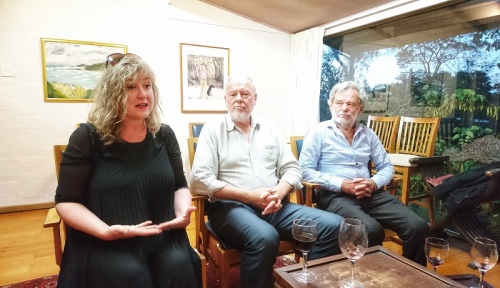
Pryor, a former AFL premiership player with Essendon, was instrumental in the formation of the AFL Players Association, and has a long involvement in the political sphere. Although Pryor’s direct involvement has been since April, his affiliation with the House goes back much further. He believes there is scope to further connect sport with art and hopes to see those connections flourish through activities and discourse here.
The floor-to-ceiling windows of the House overlook a lush, green, leafy garden. It is easy to picture the stories being told by Clark about growing up here with his historian father, lecturer and author of the six-volume “A History of Australia” and his mother, a scholar, along with his siblings. Entertaining stories emerge about cricket matches held in the backyard, including one that resulted in the breakage of the exact window we were looking out. Clark, a teacher, follows in his father’s footsteps, with a passion for history and language. In 2006, Clark wrote an addendum to Manning’s “Short History of Australia”.
Cricket and sport link many of the stories I was being regaled with. Pryor casually mentions the time he bowled out Bill Lawry, during a friendly match.
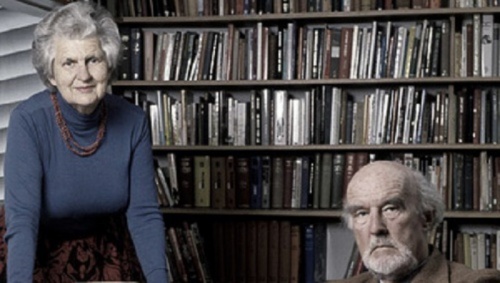
It should facilitate “Looking at things and changing them for the better,” Clark says.
Millar’s involvement with Manning Clark House is primarily through music. A soprano and accomplished singing teacher, she auditions and organises the Manning Clark House Choir and the musical performances. The Choir is one way that the House offers cultural and regional support to those who become involved. Millar’s desire is for: “An egalitarian choir that brings out the best in people, but working as a group”. She mentions that her ties to Manning Clark and his family actually go back to her mother, to whom Manning had been a good friend.
Clark feels the manner in which the House is being utilised suitably honours his parents. “My mother had wanted to leave the house to music,” he says.
“Manning Clark the Musical” was created by Martin Armiger and George Dreyfus and premiered in 1988 but has never been performed in Canberra. Millar will reprise numbers from the musical for the anniversary of Manning Clark House, to be performed by the Manning Clark House Choristers, with Canberra soprano Louise Gaspari performing the role of Dymphna, and with Sam Strow on piano. Millar will also perform an aria from “La Traviata”.
John Stokes will give a poetry recital and there will be overviews shared from the last 20 years. “Ghosts from history are appearing!” Millar says mysteriously. There will be refreshments on offer and the opportunity to relax in the beautiful gardens and learn about the cultural and architectural significance of Manning Clark House to the Canberra region.
By the nurturing of history, with relevance to today, Clark, Pryor and Millar aim to keep Manning Clark House a “safe” place for opinions and discussions, be it a political point of view, an idea or an artistic pursuit.
This Saturday, they hope to open up the House not only to existing members and those already involved with it, but to a wider and new audience who can enjoy the rich history and future creative potential of Manning Clark House.
Manning Clark House 20th anniversary celebration, 11 Tasmania Circle Forrest, 5pm-7pm, Saturday, November 25. Bookings and information to manningclark.org.au/ or trybooking.com/book/event?eid=329148
Who can be trusted?
In a world of spin and confusion, there’s never been a more important time to support independent journalism in Canberra.
If you trust our work online and want to enforce the power of independent voices, I invite you to make a small contribution.
Every dollar of support is invested back into our journalism to help keep citynews.com.au strong and free.
Thank you,
Ian Meikle, editor
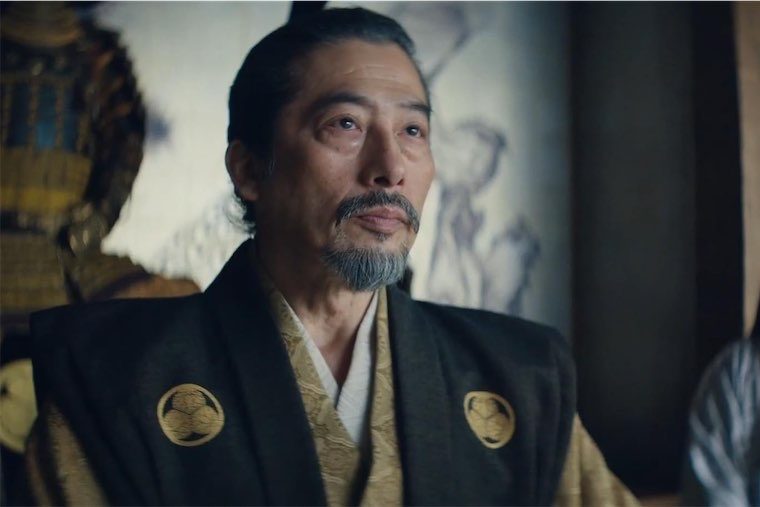
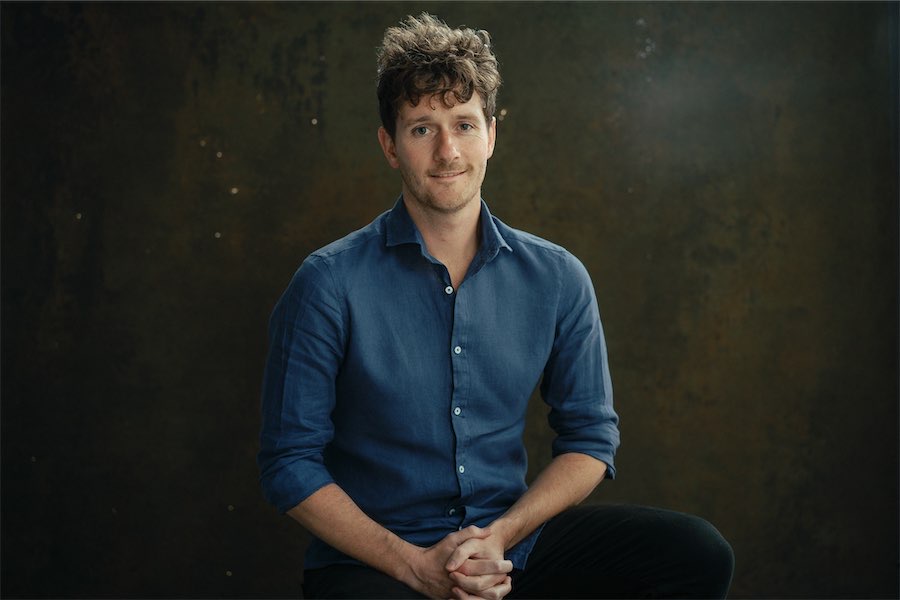
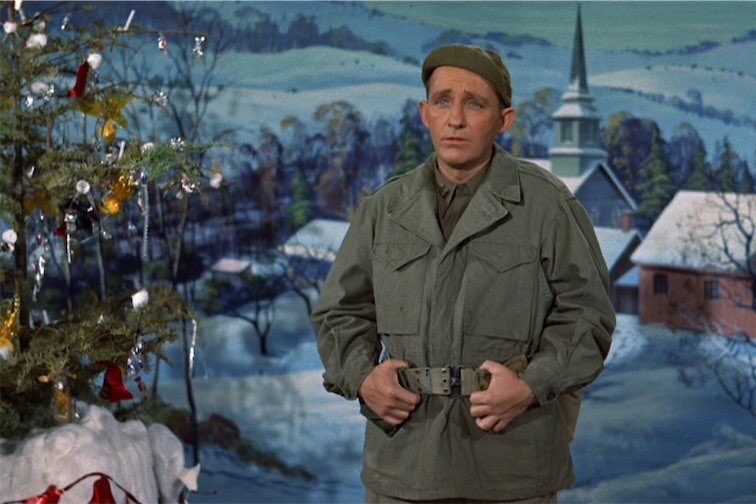

Leave a Reply